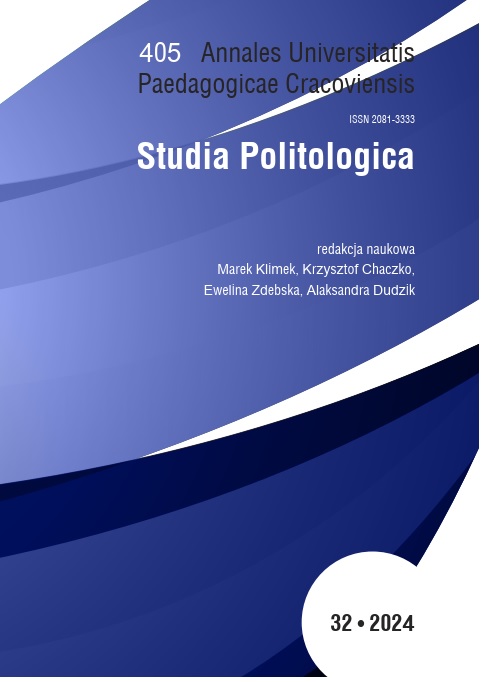Deinstitutionalization of foster care in Poland – the most important assumptions and limitations
Deinstitutionalization of foster care in Poland – the most important assumptions and limitations
DOI:
https://doi.org/10.24917/20813333.32.1Keywords:
deinstytucjonalizacja usług socjalnych, opieka rodzinna, opieka instytucjonalna, społeczny dom dziecka, deinstitutionalization of social services, family care, institutional care, social orphanageAbstract
The aim of this article was to explain the current assumptions of the process of deinstitutionalization of foster care, resulting from the latest regulations of the Act on supporting the family and the foster care system of June 9, 2011 (Journal of Laws of 2023, item 1426, i.e. .), as well as from European requirements and strategic documents adopted in recent years, such as the Common European Guidelines on the Transition from Institutional to Community – Based Care of 2012, the National Framework Guidelines for Creating Local Plans for the Deinstitutionalization of Social Services of 2021, and the Social Services Development Strategy of 2022. Explaining these assumptions, the authors indicated the most important trends in changes in the field of Foster care that have occurred since 2011, i.e. since the implementation of the above‑mentioned act as the legal basis for the deinstitutionalization of foster care. They also discussed the main barriers that significantly limit the implementation of the above‑mentioned process and should encourage government and local government authorities to develop much greater support for improving the quality of foster care functioning. Moreover, the article highlights not only the need to develop family care, but also the importance of institutional care.
Downloads
Published
Issue
Section
License
Redakcja przyjmuje do druku teksty oryginalne, wcześniej niepublikowane. Treść czasopisma jest dostępna na licencji Creative Commons (CC-BY-NC-ND 3.0 PL)
Licencja ta zezwala na wykorzystanie materiałów opublikowanych w czasopiśmie w celach niekomercyjnych np. komentarza, krytyki, informacji, archiwizacji, nauczania lub prowadzenia badań, z poszanowaniem aktualnie obowiązującego prawa autorskiego (ustawa z dnia 4 lutego 1994 r. o prawie autorskim i prawach pokrewnych Dz.U. 1994 nr 24 poz. 83 z poźn. zm.). Zgodnie z wymogami licencji, konieczne jest dokładne podanie źródła cytowania lub parafrazowania oraz zachowanie tekstu w oryginalnej postaci (zakaz tworzenia utworów zależnych).

